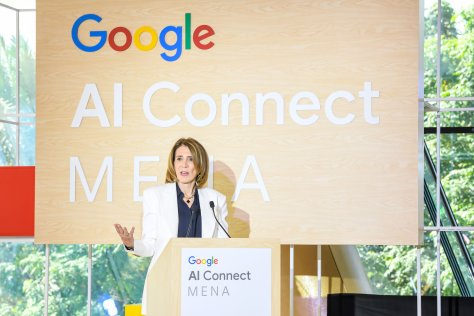
After carefully working with China for the past two years, Google Chairman Eric Schmidt bluntly predicted the fall of the Great Firewall of China.
“I believe that ultimately censorship fails,” Schmidt said in an interview last week with Foreign Policy magazine. “China’s the only government that’s engaged in active, dynamic censorship. They’re not shy about it.”
In the interview, Schmidt predicted that once China’s Internet censorship policies fall, an influx of free-flowing information could cause great political and social changes in the country.
“I personally believe that you cannot build a modern knowledge society with that kind of behavior. That is my opinion,” said Schmidt.
“I think most people at Google would agree with that,” he added. “The natural next question is when [will China change], and no one knows the answer to that question. [But] in a long enough time period, do I think that this kind of regime approach will end? Absolutely.”
Schmidt’s comments about the Chinese government and its efforts to keep its citizens from reading or viewing information on specific subjects come after Google has spent more than two years in talks with the Chinese government.
In March of 2010, Google announced that it would no longer censor search results as the government requested. At the time, Google’s chief legal officer, David Drummond, said the company stopped censoring multiple Google.cn sites, including Google Search, Google News and Google Images.
Google rethought its agreement to censor search results inside China’s walls after a major attack against its network was launch in late 2009 from inside the country. The attack was aimed at exposing the Google Gmail accounts of Chinese human rights activists.
However, Google executives at the time also continued talks with Chinese officials in an attempt to maintain a link to the country’s vast business potential.
Analysts were quick to try and dissect Schmidt’s latest words.
“It’s hard to say whether this is a sign that Google negotiations with China are floundering or whether it’s just Schmidt laying out what he believes,” said Dan Olds, an analyst at Gabriel Consulting Group.
“To many in the Chinese government, this will probably read like a provocative shot across their bow. But to others, particularly any who have studied history, it’ll strike them as a reasonable and dispassionate explanation of how the world works,” Olds added
Zeus Kerravala, an analyst at ZK Research, said he thinks Schmidt might be lighting a new fire under China’s feet.
“I’m not sure what would create the about-face other than Eric wanting to get more aggressive in China,” he added. “The potential for China is huge but until things change, it remains a pot of gold at the end of a rainbow that [Google] can’t cross.”
Kerravala noted that if negotiations are going well, Schmidt might not have been off as so verbally aggressive.
“It could hinder things in the short term,” he said, but added that while “it can create some animosity, but that’s often the best way to get doors opened.”





